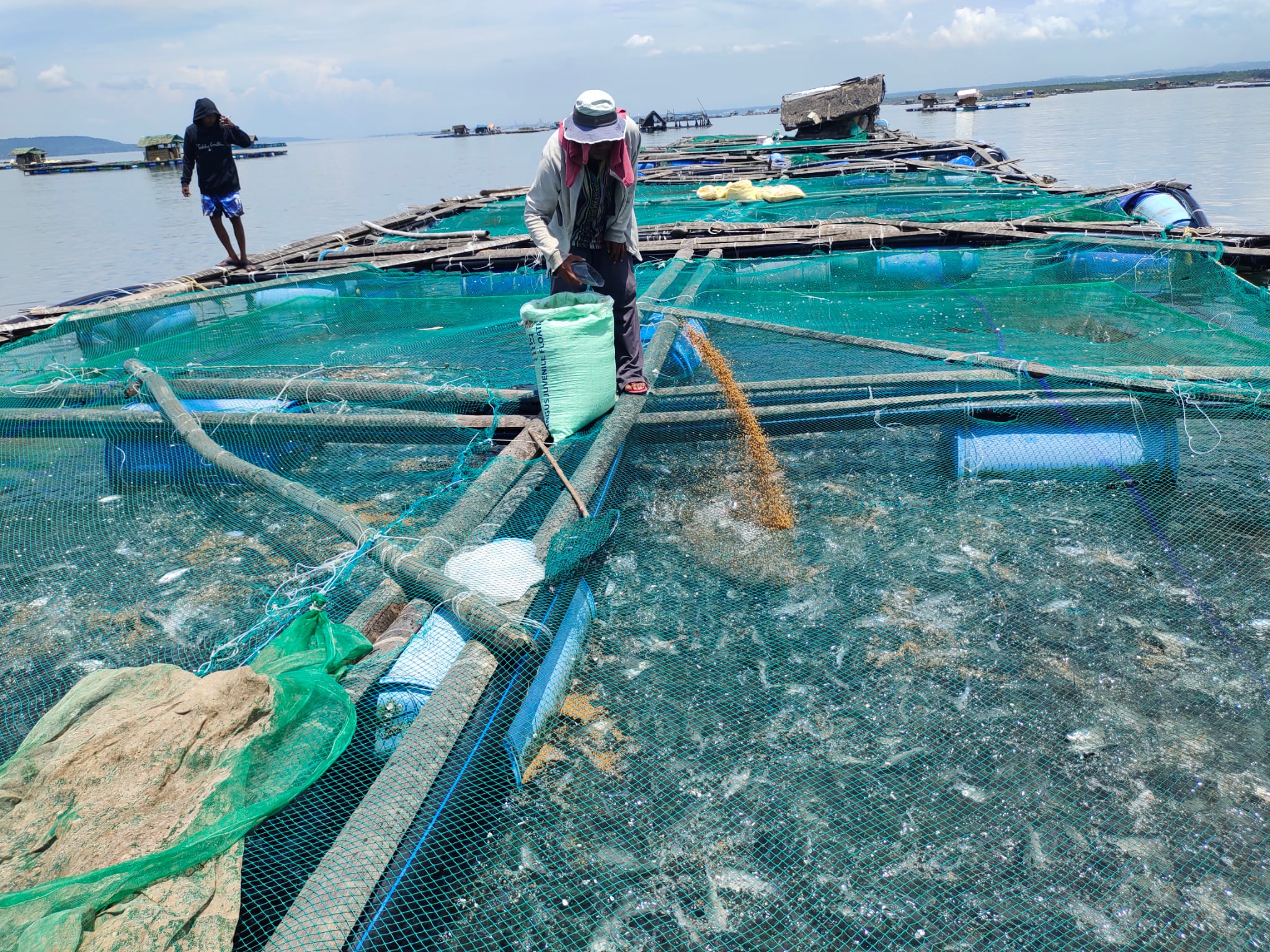Enhancing Milkfish Profitability Through Optimized Feeding Practices and Integrated Resource Management in the Davao Region
DOI:
https://doi.org/10.59120/drj.v16i3.452Keywords:
Aquaculture, feed costs, local ecological knowledge, sustainability, water managementAbstract
Milkfish (Chanos chanos; Forsskål, 1775), locally known as Bangus, is one of the Philippines’ top aquaculture commodities, playing a crucial role in food security and rural livelihoods—especially in the Davao region. However, the rapid expansion of milkfish farming has exposed significant challenges in terms of feeding practices and environmental impacts. Intensive feeding using commercial feeds has led to increased feed costs (~80% of operational expenses) and negative impacts on water quality, while overreliance on conventional fishmeal raises concerns about both economic viability and environmental impacts. Our recent research highlights promising alternative protein sources (e.g., poultry by-products, soybean meal, insect meal, and seaweed) that may replace traditional fishmeal, thereby reducing production costs and mitigating environmental impacts. This policy brief reviews current operational practices, evaluates the challenges and opportunities associated with feed management, and underscores the potential of integrating indigenous knowledge systems from local communities to promote sustainable practices. Recommendations include increased support for research and development, subsidies and technical assistance for adopting alternative feed formulations, enhanced regulatory oversight, and stronger stakeholder collaboration. Such integrated policy measures are essential to ensure the continued growth and sustainability of milkfish aquaculture while protecting the coastal marine environment and community well-being.
Downloads

Downloads
Published
Issue
Section
License
Copyright (c) 2025 Edison D. Macusi, Henzel P. Bongas, Erna S. Macusi, Anthony C. Sales, Michael B. Andam

This work is licensed under a Creative Commons Attribution-NonCommercial 4.0 International License.
DRJ is an open-access journal and the article's license is CC-BY-NC. This license allows others to distribute, remix, tweak, and build on the author's work, as long as they give credit to the original work. Authors retain the copyright and grant the journal/publisher non-exclusive publishing rights with the work simultaneously licensed under a https://creativecommons.org/licenses/by-nc/4.0/.





